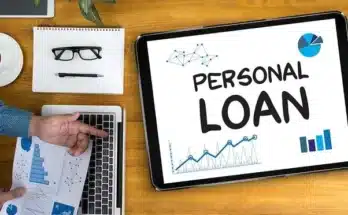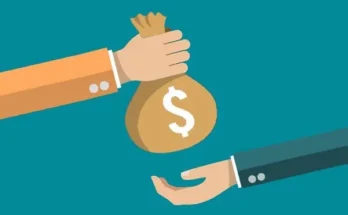Payday loans are a type of short-term borrowing where an individual borrows a small amount at a very high rate of interest. They are designed to cover immediate cash needs until the next paycheck arrives, but they often lead to long-term financial issues due to their costly terms. This article provides a comprehensive understanding of payday loans, their inherent risks, benefits, and alternatives.
What Are Payday Loans?
Payday loans, also known as cash advances, are short-term loans typically due on your next payday. These loans are generally for small amounts but come with very high-interest rates and additional fees. They are often used by individuals who need quick cash to cover urgent expenses and are usually easy to obtain, often requiring just a proof of income and a bank account, without a detailed credit check.
The Mechanics of Payday Loans
Application Process
The application process for a payday loan is typically straightforward and quick. Borrowers can apply online or in person at a payday lending store. The approval process usually takes just a few minutes, and if approved, the funds can be available as quickly as the same day.
Repayment Terms
Repayment is typically due on the borrower’s next payday. The lender may require a post-dated check or authorization to automatically withdraw the loan amount plus fees from the borrower’s bank account on the due date.
Fees and Interest Rates
Payday loans are notorious for their high fees and interest rates. Annual percentage rates (APR) can exceed 300% or more, making it extremely expensive to borrow money this way.
Risks Associated with Payday Loans
Debt Cycle
One of the most significant risks of payday loans is the potential to enter a cycle of debt. Borrowers who are unable to repay the loan by the due date may be forced to renew the loan, incurring additional fees and interest, which can lead to a spiraling debt cycle.
High Costs
Due to the exorbitant interest rates and fees, payday loans can end up costing significantly more than the initial borrowed amount, making them a very costly form of credit.
Impact on Credit Score
While payday loans do not require a credit check, failure to repay a loan can be reported to credit bureaus, potentially damaging the borrower’s credit score.
Advantages of Payday Loans
Despite their risks, payday loans offer some benefits:
Immediate Access to Funds
For those in urgent need of cash, payday loans provide immediate funding, which can be crucial in emergency situations.
Minimal Qualification Requirements
The easy accessibility of payday loans is beneficial for individuals who may not qualify for traditional loans due to poor credit history or lack of collateral.
Alternatives to Payday Loans
Given the potential downsides of payday loans, considering alternatives is crucial:
Personal Loans
Offer lower interest rates and longer repayment terms compared to payday loans, making them a more affordable option for borrowers with decent credit.
Credit Union Loans
Many credit unions offer payday alternative loans (PALs), which come with significantly lower interest rates and fees.
Payment Extensions
For those struggling to pay their bills, negotiating an extension or a payment plan with creditors can provide additional time to pay without the high costs associated with payday loans.
Community Assistance Programs
Local community organizations may offer financial assistance or low-interest loans to individuals facing financial hardships.
Conclusion
While payday loans can offer a quick fix for financial emergencies, their high costs and the risk of entering a debt cycle make them a risky choice. It’s crucial for potential borrowers to understand all the implications, consider cheaper alternatives, and only use payday loans as a last resort. By exploring other financial options and managing finances wisely, individuals can avoid the pitfalls of high-cost short-term borrowing.




